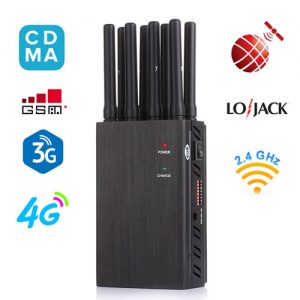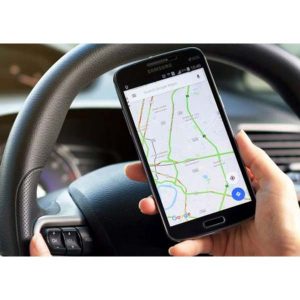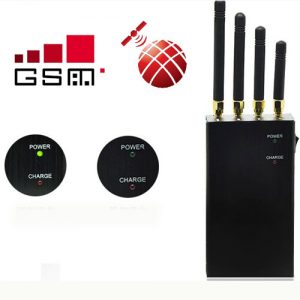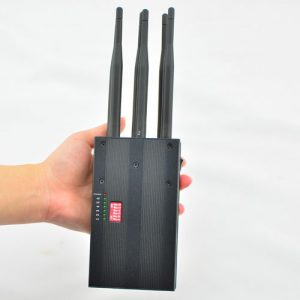As we all know, gas stations operating inflammable and explosive products are classified as high-risk occupations, and “safety first” is the most basic requirement for gas stations. Common safety measures at gas stations mainly include turning off motorcycles and refueling, gas station employees must wear anti-static clothing to work, stop open flames in gas stations and use mobile phones to talk, and do not refuel in plastic drums. One of the more difficult things to handle is to prevent customers from using mobile phones to make calls in gas stations.
First of all, people have misunderstandings about the safety hazards caused by calling on mobile phones in gas stations. Why can’t I make calls in the gas station? Some people think that blasting accidents caused by cell phone calls at gas stations is appalling, and they have never heard of blasting incidents caused by cell phone calls. In fact, there is a certain scientific basis for mobile phones to cause blasting accidents.
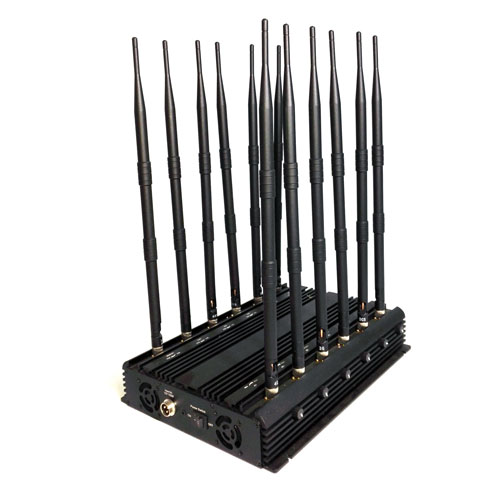
The mobile phone is a kind of radio communication device. The radio wave (radio frequency electromagnetic radiation) emitted by the radio transmitter can induce radio frequency current in the antenna that bears the radio. When the radio frequency current circulates between the metal conductors, if there is rust or poor contact, radio frequency sparks will occur. As long as the RF spark lasts for more than one microsecond and the energy is greater than 6 milliwatt hours, it will ignite the mixture of methane and air. Because gasoline is a volatile substance, in the flammable gas danger zone formed by leakage of oil and gas tanks and natural gas pipelines, radio frequency sparks from mobile phones can easily cause explosions and cause disasters.
When the gas station fills the car or motorcycle fuel tank with gasoline through a fuel gun, the vapor in the empty fuel tank will drift outward, and the newly injected gasoline will also evaporate into the air, causing the density of fuel vapor around the refueling vehicle to increase sharply. At the same time, in order to make the communication signal clearer, mobile phones use a high frequency and a relatively strong transmission power. Although they meet national standards, they still pose a serious threat to refueling and gas stations. As fuel and gas stations are now widely used for computer control, high-intensity mobile phone signals will cause induction with computer equipment, and the electronic friction between the two may ignite fuel vapor and cause explosions. The current required to ignite the fuel vapor is very small, and the static current generated by the mobile phone in the working state can reach this limit. If you encounter a cloudy or foggy climate with high air humidity and low air pressure when refueling or unloading oil at gas stations, due to poor air circulation, the oil vapor density increases accordingly, and the possibility of blasting caused by mobile phone calls will be further increased. Big.
In addition, since the mobile phone itself does not have the explosion-proof function, if the mobile phone is used for a long time or the quality of the mobile phone itself is poor, the circuit of the internal chip of the mobile phone is very short-circuited, so that the mobile phone can generate a small amount of sparks at the moment of answering. It will cause a blast at the gas station.
Secondly, there is a single way to prevent customers from using mobile phones in gas stations. At present, the primary way for gas stations to stop customers from using mobile phones at gas stations is to persuade, but sometimes the effect of persuasion is not ideal. On the one hand, the customer is not clear about the safety management regulations of the gas station, thinking that the gas station employees will not let them call their mobile phones in the gas station is unnecessary, and it is simply rebellious. On the other hand, the customer knew that he could not use his cell phone in the gas station, but he was lucky, and he one-sidedly thought that something happened when he was calling the cell phone by himself, so he would not listen to the persuasion of the gas station staff and go his own way.cell phone jammer
It is not uncommon for car owners to call on their mobile phones in gas stations. Gas stations should be in danger. They should not ignore this phenomenon and let them go. Effective measures must be adopted to eliminate potential safety hazards and ensure the safety of gas stations.


